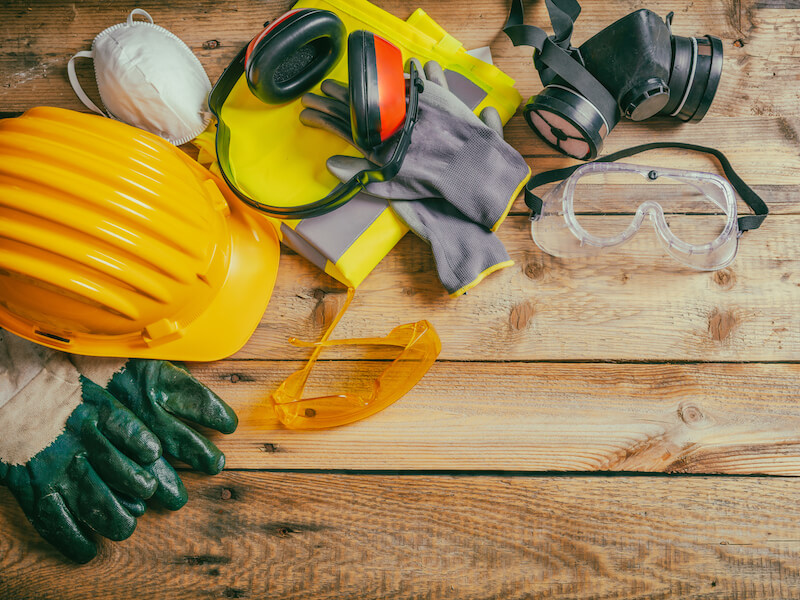
Around two million workplace injuries are reported every year. Typically, we think of a hand caught in a piece of machinery or a flying projectile when we consider work-related injuries.
But the most prevalent workplace injury is far more pernicious and commonly goes unreported. It sneaks up on people extremely slowly over the course of several years. The injury goes undetected until the effects become impossible to overlook. Excuses are a normal reaction. “It’s just part of the aging process” or “It’s a temporary problem”. This is normal.
Many individuals don’t even realize it was caused by their workplace environment.
The insidious injury is damaged hearing. There are a number of warning signs you should recognize, and there are significant steps you need to take if you believe the damage is already done.
How Loud is Too Loud?
Your hearing can be permanently damaged with regular exposure to as little as 85 decibels (dB) over a long period. For reference, a vacuum cleaner runs at around 75 decibels dB. Eighty-five dB for a lawnmower. A chainsaw or leaf blower creates over 100 dB. And the volume of a gunshot logs in at 140 dB.
How noisy is your workplace? Is the most common workplace injury an issue for you? If you’re frequently exposed to something as loud as a lawnmower, even if it’s not constant, your hearing can become damaged over time.
Hearing Damage Signs
You’re definitely damaging your hearing if you work in a loud environment without hearing protection.
The following is are early warning signs that you’re experiencing hearing loss:
- Your friends and family tell you your TV, radio, or computer tablet volume is too high.
- You suspect people speaking to you are constantly mumbling.
- You regularly ask people to repeat themselves when they speak.
- You’re hearing sounds in your ears like ringing, whistling, or hissing.
- Conversations sound muffled.
- You confuse consonants – “Todd” sounds like “Dodd,” for example.
- You feel pain when you hear loud sounds.
- You tend to withdraw when others are talking.
- You can’t understand the person speaking if there’s background noise.
How is Hearing Damage Being Dealt With by Employers?
Businesses and organizations are using the latest technology to decrease workplace noise in excessively loud settings. Workplace noise will be minimized as new recommendations are being put in place by governments to safeguard workers.
Employees are speaking out as they become mindful of the long-term damage that workplace noise is causing. In time, their voices will result in further change.
Preventing Further Damage
If you work in a loud setting, the smartest thing you can do is safeguard your ears before any damage occurs. Potential damage will be reduced by wearing protective earmuffs or earplugs.
Make an appointment for a hearing examination right away if you believe a noisy workplace has caused injury to your hearing. You will learn how to prevent added damage when you determine how much hearing damage you have. We address any hearing damage you’re already experiencing and formulate strategies to help you prevent any additional damage.